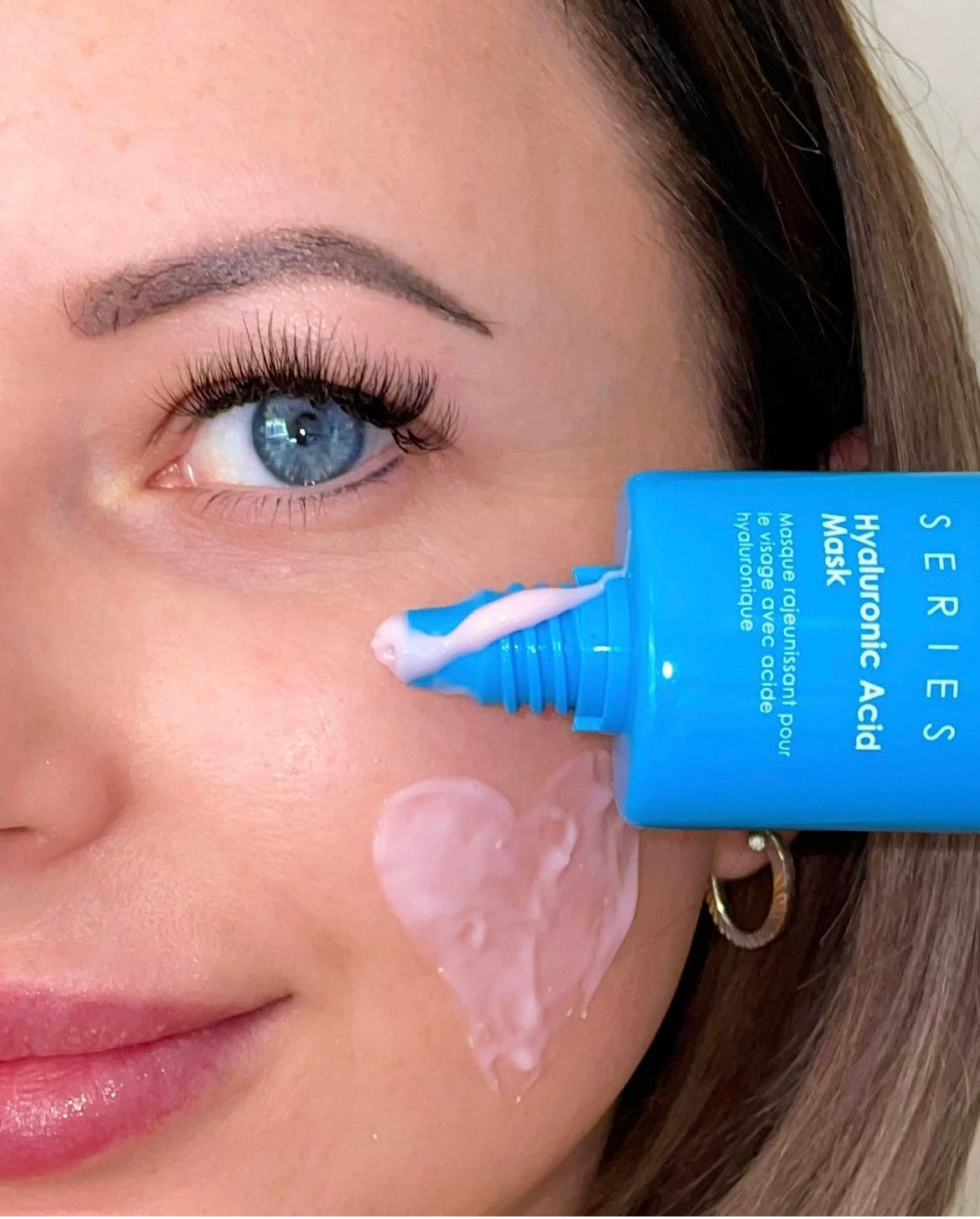
What is the difference between chemical and mineral sunscreen?

With so many options for sun protection, it's hard to find the perfect sunscreen to protect your skin from the sun's rays this summer. Between chemical and mineral filter creams, what is the best protection to both protect your skin and take care of the environment?
What is a chemical filter, and what are its benefits?
Chemical filters are not dangerous for the skin as we might think at first sight. It is a filter composed of organic molecules that penetrate the epidermis. The UV rays are absorbed by these molecules, which protect your skin through a chemical reaction.Sunscreens with chemical filters are easily absorbed and offer long-lasting protection against UVA, UVB and UVC. However, they can cause allergies to sensitive skin because the molecules can be modified and become unstable.
What is a mineral filter, and what are its benefits?
Mineral filters do not penetrate your skin, they remain on the surface and protect it from UV rays in the same way as a mirror that reflects the sun's rays. Only sunscreens with a mineral filter are certified organic because they are less polluting to the environment. On the other hand, they generally do not absorb very well, often leaving a white residue on your skin, and are less effective than chemical filters in protecting your skin from UV rays.
Sunscreen with a combination of chemical and mineral filters is the best alternative to protect your skin.
If you want to protect your skin from UV rays in a safe, environmentally friendly way, there are sunscreens that combine both chemical and mineral filters.
Our Wrinkle Killer Sun Protection Collection offers you optimal protection against skin-damaging UV rays through a combination of chemical and mineral filters. Easy to apply, it is also enriched with sweet almond oil to moisturise your skin and keep it supple and well protected all summer long.





